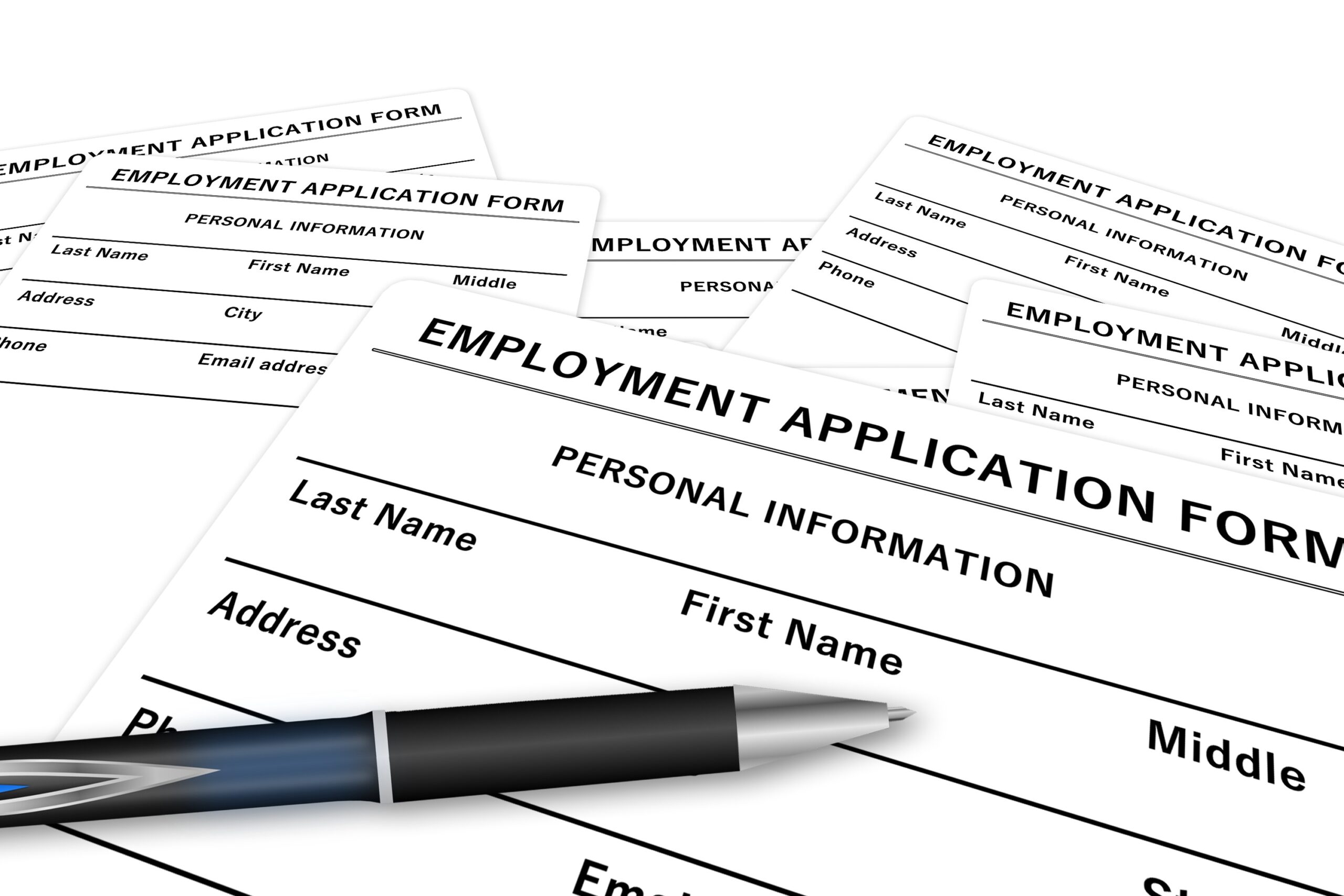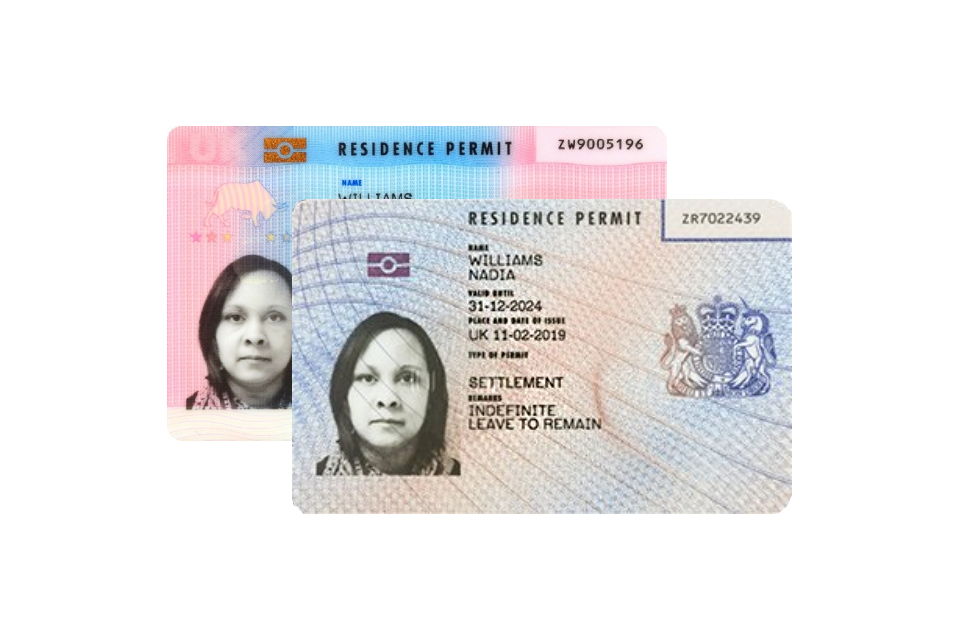Remote schooling provision is ‘patchy’ and has to compete with other technologies says chief inspector
Schools vary widely in their provision of home learning for pupils, with different approaches over live video lessons and digital learning techniques.
“The home learning experience is patchy and, in many cases, not aligned effectively with the classroom curriculum,” wrote Amanda Spielman, chief inspector of schools inspector Ofsted, adding that teachers and schools see aligning classroom and remotely-delivered education as a workload pressure.
She added that “remote learning also requires motivation from pupils who might otherwise be distracted by other technological temptations,” with school leaders telling Ofsted that boys spent much time in lockdown playing online computer games with friends. The return to classrooms has meant that squabbles that started on social media “are now being played out in classrooms”.
Her comments accompanied an Ofsted briefing on the impact of Covid-19 on schools, based on 380 visits to schools from 29 September to 23 October. Almost all the schools visited were either providing remote learning to pupils who were self-isolating or said they were ready to do so.
Related content
- Home-schooling technology demands hits poorer families hardest, study finds
- IT among subjects suffering most from home-schooling, study finds
- DfE minister urges schools to ban smartphones
However, schools were split on whether or not to teach real-time video lessons. Some feel these can benefit children’s emotional and social health, as well as helping teachers to spot possible safeguarding issues, but others saw concerns over safeguarding as a reason not to use live lessons. It noted that when groups of pupils, such as year-groups in secondary schools, are sent home they are often taught using live or recorded video, but this is not true for individual pupils who are self-isolating with some schools saying it would be impractical for teachers to deliver both classroom and digitally-delivered lessons.
Ofsted found that schools are adopting new work practices for remote learning, involving teaching assistants or staff who are specialising in this field. Many are using digital platforms to monitor pupils’ access to work and attendance of remote lessons, but fewer were using them for assessment. However, a few schools allow pupils to upload material or submit written questions online during live video teaching, while some are looking at systems that automatically assess pupils’ work.



